Build Iot without cloud
Contrary to what you might think, you don't need cloud providers or platforms to run your enterprise IoT project. In fact, it might be to your advantage to just stick to edge computing. If you're considering an industrial Internet of Things (IoT) project then you're probably wondering how to integrate it with the cloud. After all, almost any cloud vendor or IoT platform provider will tell you that cloud-based services are critical to your implementation plans. That's only natural. These companies stand to gain from selling clou…
Future Commerce Indonesia 2019
Kami sebagai anggota dari Asosiasi Pengusaha TIK Nasional (APTIKNAS) memanfaatkan bersama untuk berkumpul dan menampilkan produk dan solusi yang bisa digunakan oleh banyak perusahaan yang bergerak di bidang Commerce dan Logistik, dalam acara pameran bergengsi Future Commerce Indonesia. Kali ini pameran diselenggarakan di Shangrilla Jakarta, dengan menampilkan berbagai pembicara dan peserta booth dari beragam produk dan solusi. Dalam kesempatan ini, kami menampilkan produk PRTG dari Paessler yang digunakan untuk memonitor jaringan, …
SDM dan Industry 4.0
Sejalan dengan program APTIKNAS 2019, yaitu Industry 4.0, kami sedang melakukan berbagai roadshow seminar ke beberapa kota dan industri yang kami rasa akan terkena dampak dari Industry 4.0. Dalam beberapa kali kegiatan Seminar Smart 4.0, kami memfokuskan terkait dengan industri manufaktur (Smart Factory), industri hotel (Smart Hotel), industri gedung dan mal (Smart Building), serta industri rumah sakit (Smart Hospital). Masih ada beberapa industri yang akan kami masuki, seperti kampus (Smart Campus), dan dari semua event yang telah dilalu…
Hotel Industry 4.0
The hospitality landscape today has transformed drastically in recent years. Online booking platforms have seized a tremendous market share of the industry. Digitization has brought about dynamic changes to the hoteliers’ business frameworks. Within a short time period, online platforms have successfully widened their share of bookings in Europe to over 20 percent; and the numbers are still growing. In addition, 70 percent of these bookings are driven by only a few companies. Further, information are always readily available today due t…
Popular Posts



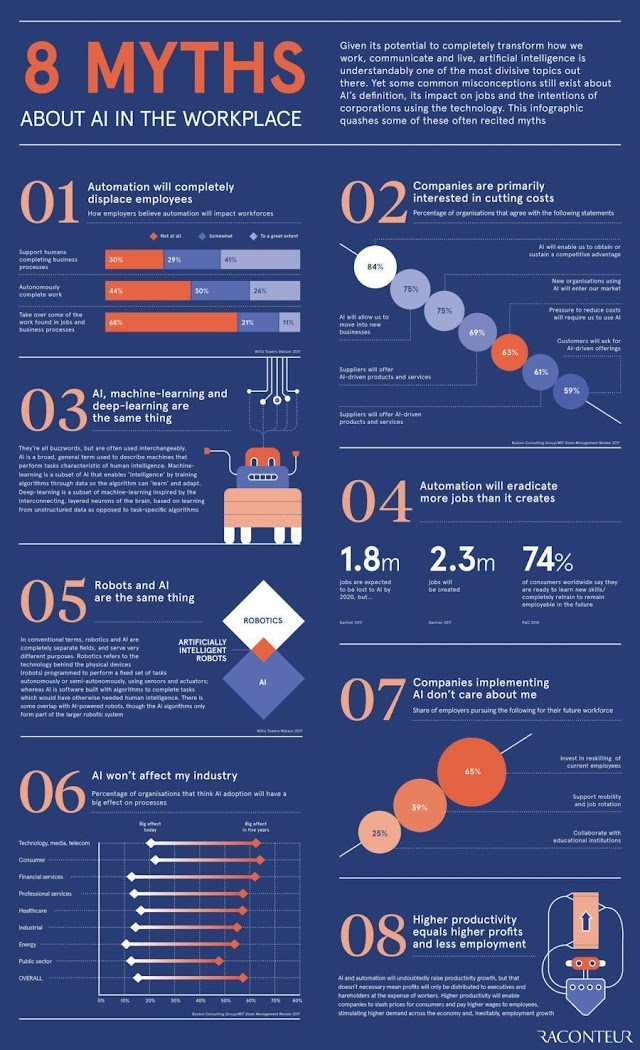
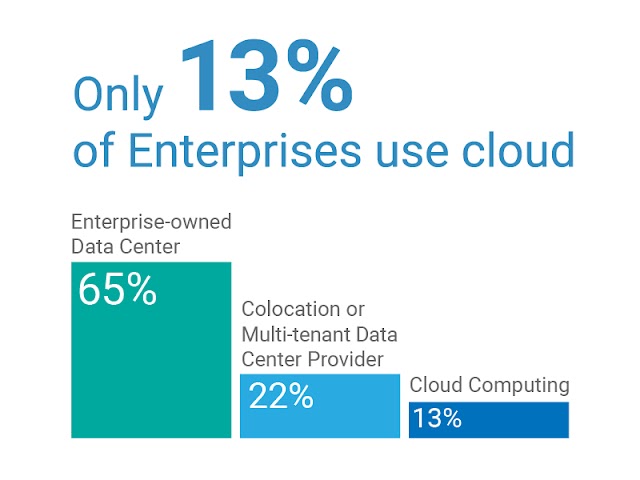
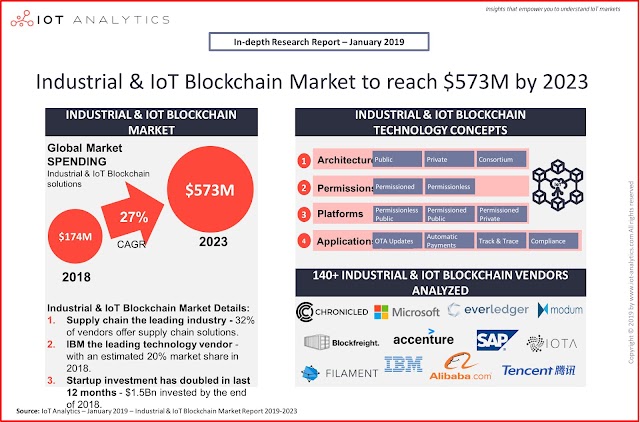

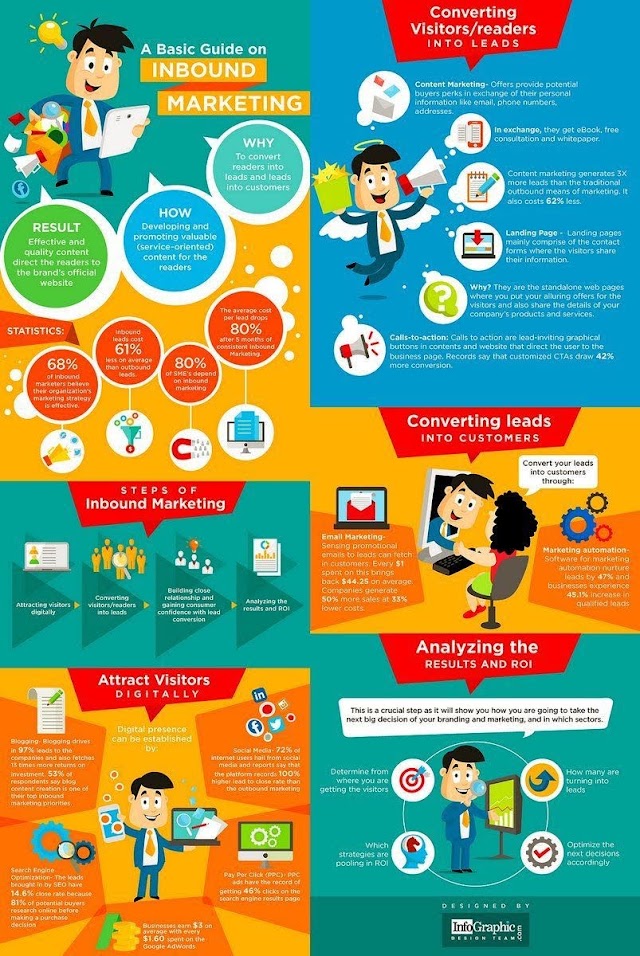
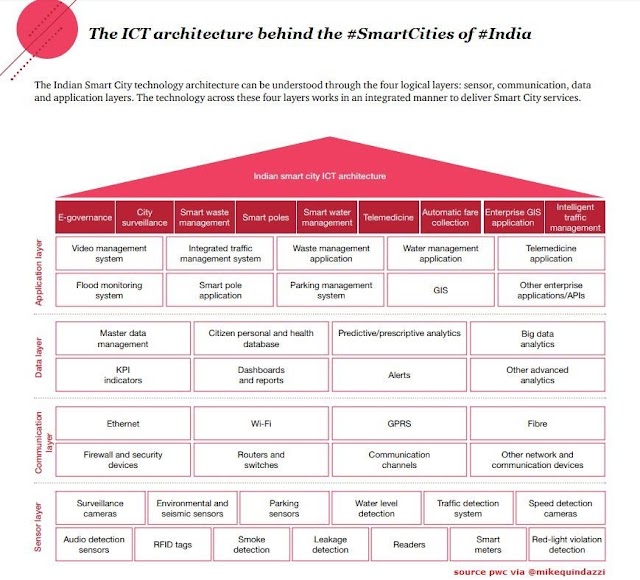
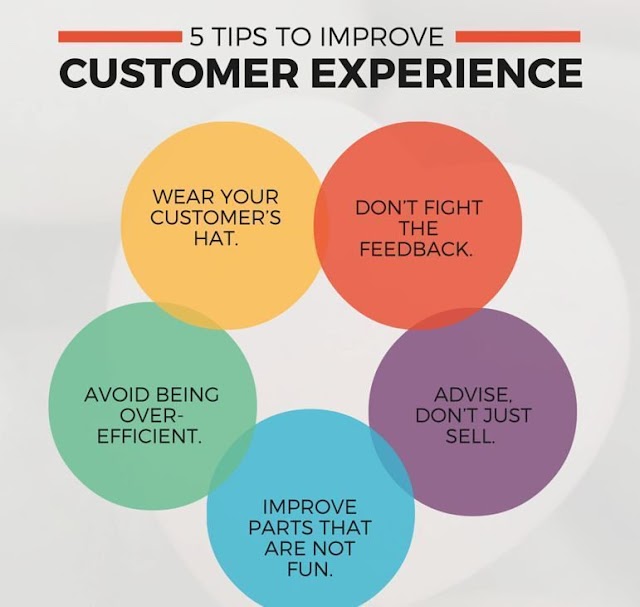





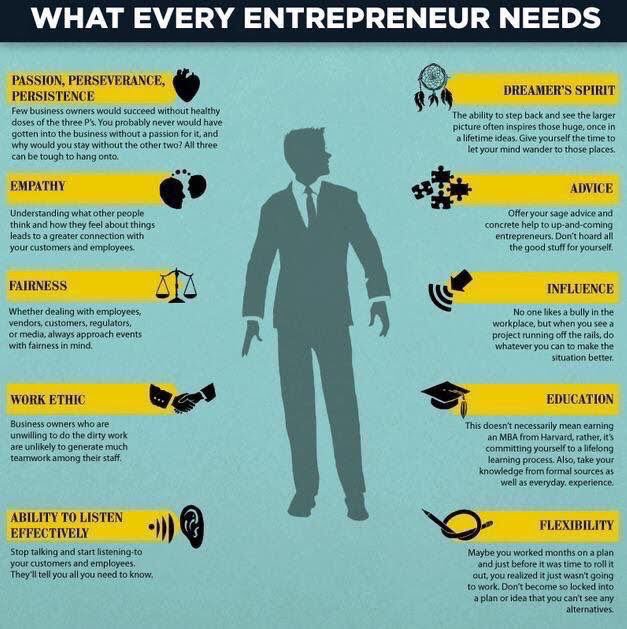


Social Plugin